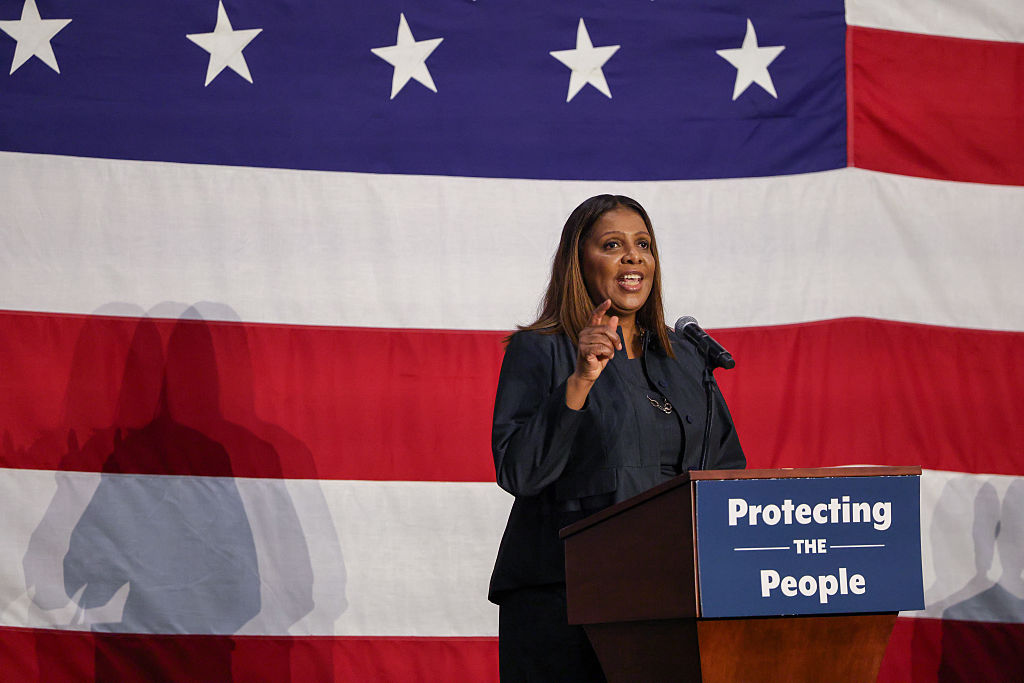Eric Holder Announces Details of DOJ Investigation Into Ferguson
AG Eric Holder Announces Details of DOJ Investigation Into Ferguson
U. S Attorney General Eric Holder took to the podium Thursday to offer much-anticipated details of the Department of Justice’s investigation into police conduct in Ferguson.
“As you know, our federal civil rights investigation into the August 9 shooting death of Michael Brown remains open and very active,” he said. “As I made clear during my visit to Ferguson two weeks ago, this investigation will take time. But the American people can have confidence that it will be fair, it will be thorough, and it will be independent.”
Holder went on to lay out what sounded like a fairly comprehensive investigation into police practices, reported harassment and brutality, and conduct surrounding the local investigation into the killing of unarmed 18-year-old Michael Brown.
Holder also announced that the DOJ will be working with the broader St. Louis County Police Department, which led the response to Ferguson protests, on reforming its practices.
Here are a few excerpts from Holder’s prepared remarks:
Over the course of that visit, I had the chance to speak with a number of local residents. I heard from them directly about the deep mistrust that has taken hold between law enforcement officials and members of the community. In meetings and listening sessions – as well as informal conversations – people consistently expressed concerns stemming from specific alleged incidents, from general policing practices, and from the lack of diversity on Ferguson’s police force.
This investigation will be carried out by a team from the Civil Rights Division’s Special Litigation Section – some of the same dedicated professionals who have achieved historic results in ensuring constitutional policing from coast to coast. Over the past five years, the Civil Rights Division has prosecuted over 300 individual officers for misconduct. We have opened 20 pattern or practice investigations into police departments across the country. That’s more than twice as many as were opened in the previous five years. And we’re enforcing 14 agreements to reform law enforcement practices at agencies both large and small. With these agreements, we have seen dramatic decreases in excessive uses of force; greater equity in the delivery of police services, including important measures to address bias; and, most significantly, increased confidence by communities in their law enforcement agencies.
I want to be clear: this is not a stopgap or a short-term solution. It’s a long-term strategy, founded on community policing, that will provide a detailed roadmap to build trust; to bolster public safety; to ensure accountability; and to change the way that law enforcement leaders make decisions, implement policies, and forge community partnerships. And our track record proves that such efforts to reform policing practices can be tremendously successful. Read more.















